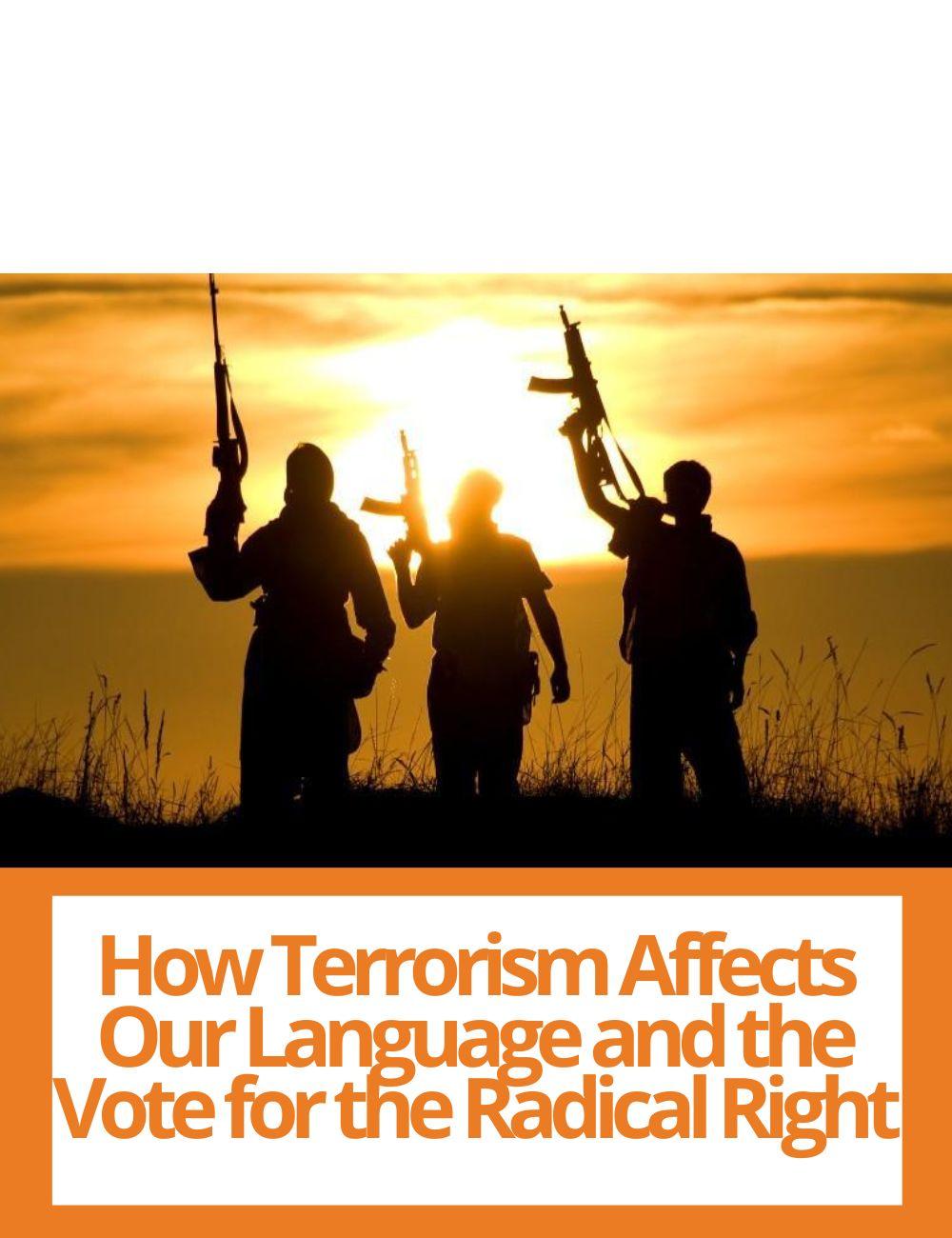
How Media Magnifies Terrorism's Damage to Human Capital
Terrorist attacks in developing countries have long-term effects on human capital, because the enhanced perception of risk and the decrease in the expected returns to education reduce school enrolment and consequently lifetime earnings of today's kids.
New research by Joseph-Simon Goerlach (Bocconi Department of Economics) and Marco Alfano (Lancaster University) found that the media considerably amplify such detrimental effects.
Analyzing a wave of terrorist attacks from the late 2000s conducted in Kenya by al-Shabaab, a Somali terrorist group with strong links to al-Qaed, the authors estimate that families with access to radio, television, or mobile phones would overestimate the fatality risk by a factor of 11.8, while people with no access to media would estimate it correctly.
"For households without media access, each terrorist attack suppressed school enrolment by 0.4-0.7 percentage points," said Professor Goerlach. "However, for households with access to wireless signal coverage for radio, mobile phones, or television, the effect was 0.5-1.0 percentage points stronger. We estimated that radio access and terrorist attacks jointly decrease school enrolment by about 8.5% and that media coverage alone contributes a staggering 72% of the loss in adult lifetime earnings resulting from the negative impact of terrorism on schooling."
The study used geo-coded data on signal strength for radio and television and the staggered rollout of mobile phone coverage as topographical and temporal variations in exposure to mass media and drew information about the exact location of terrorist attacks from the Global Terrorism Database.



"Whereas the effect of terrorism decreases with distance for households outside the reach of wireless signal, it barely does so for households with signal coverage, for whom media can bridge the geographical distance to attacks," the authors wrote.
The analysis also disentangled the effect of enhanced risk perception and that of expected decrease in returns to education, finding that the latter is negligible. Furthermore, since any outdoor activity can expose kids to fatality risk, the decrease in schooling implied an almost equivalent increase in children staying at home rather than working.
"By highlighting how media perpetuates effects of terrorism on the demand for schooling, our study documents a thus far unexplored mechanism, and also contributes to the broader literature on the consequences of violence for education," the authors concluded.
Marco Alfano, Joseph-Simon Goerlach, "Terrorism, Media Coverage, and Education: Evidence from Al-Shabaab Attacks in Kenya," Journal of the European Economic Association, Volume 21, Issue 2, April 2023, Pages 727–763, DOI: https://doi.org/10.1093/jeea/jvac054.